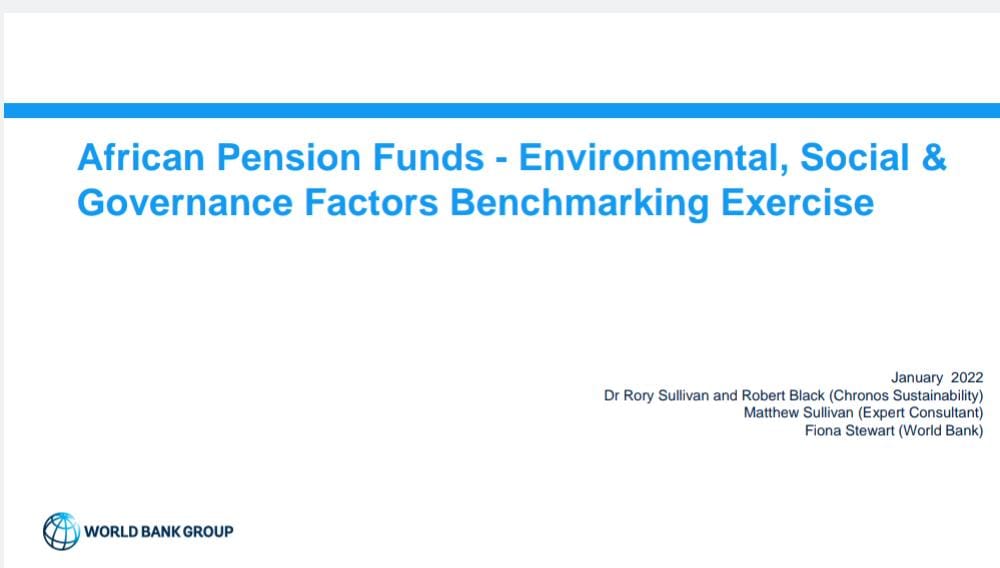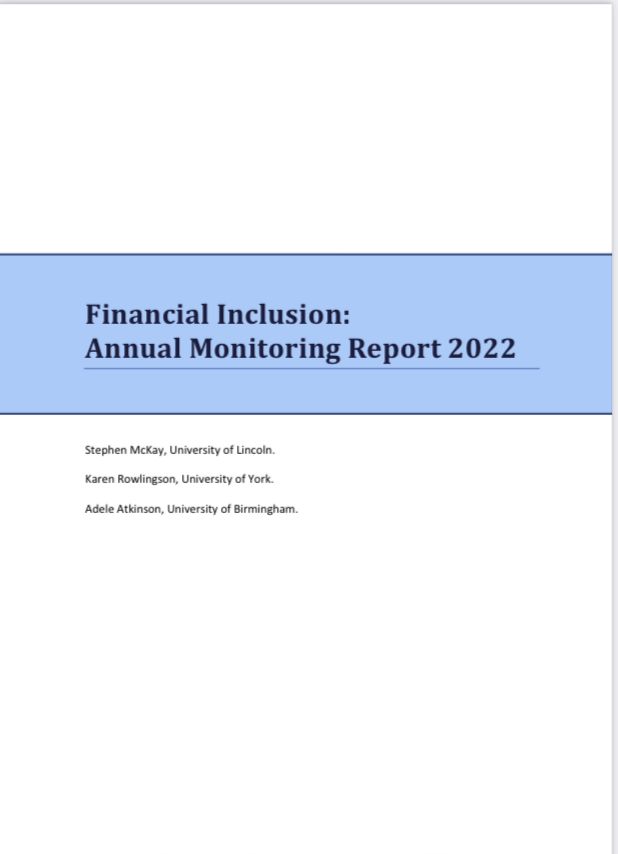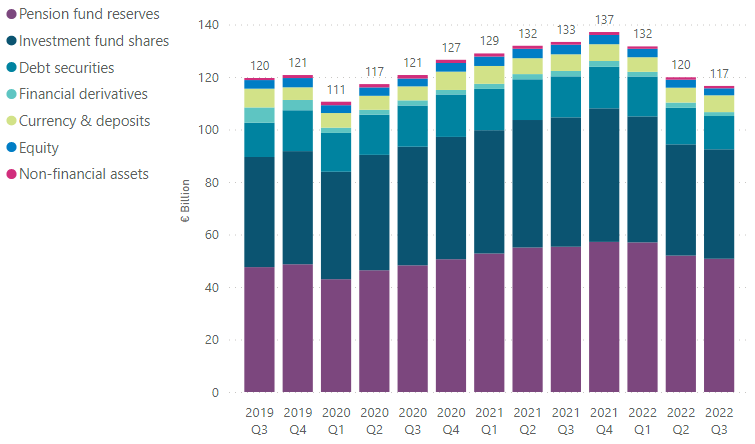A Leveraged Gender Gap: The Combined Effect of Longevity Risk (Mis)-Perception and Financial Risk-Taking
By Giovanna Apicella & Enrico G. De Giorgi Financial risk and longevity risk are the main risks affecting pension income. This paper analyses gender differences related to how financial risk taking and survival expectations are correlated. We analyse data from the “Survey of Health, Ageing and Retirement in Europe” (SHARE) database and find a significant gender gap in self-assessed risk tolerance, consistently with previous literature. Moreover, we show that individuals with realistic survival expectations (i.e., survival expectations that are close...










